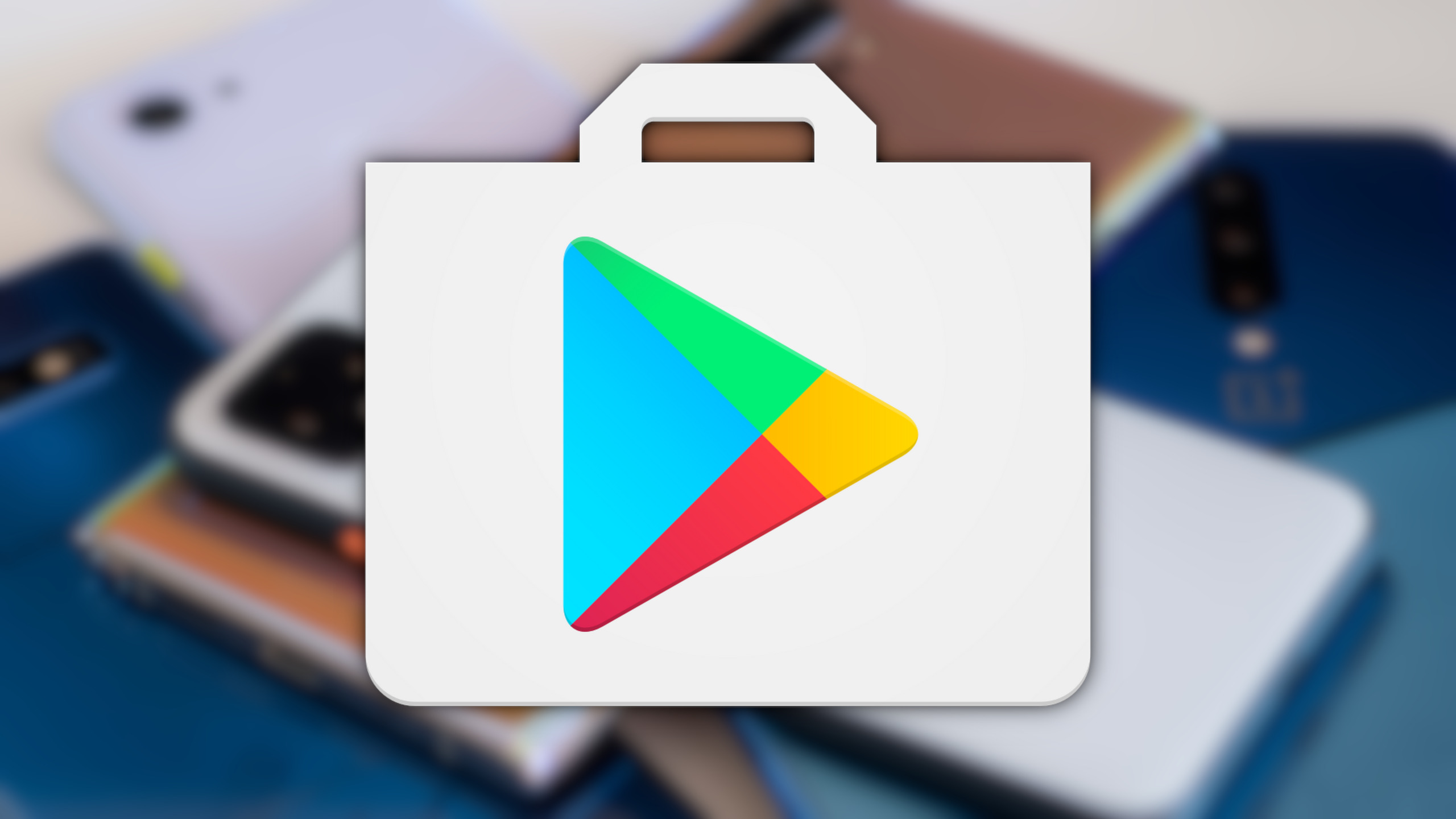
Apps seem to be getting bigger all the time, putting the resources of your phone and your data plan under pressure. Google has tried to combat this with App Bundles, a system that allows developers to build multiple versions of their apps for different device configurations – the Play Store then downloads the appropriate APK to the user’s phone. Now Google wants to take things a step further with ‘App Optimization’, which will study what part of an app was used when it was originally launched, and use the data to improve the update and application launch process.
App installation optimization is not yet available in the Play Store, but 9to5Google has noticed a support document for the feature already available. When you open an app for the first time, Google will monitor which parts of the app you use and which parts you do not. For example, when you download Instagram for the first time, you can spend the first ten minutes setting up your profile and finding friends. If this is the case with a significant number of users, the Play Store first downloads the part of the app and has the placement tools or story viewer removed until you try to use it or your connection gets stronger.
This data can also be used to improve resource management on your device. Instead of opening the entire app in RAM, your phone can load the parts you use most, reducing the load on the processor and the amount of RAM needed.
This is done while complying with Google’s existing privacy policies, so your personal information will not be used, and it will not look at anything outside of the program in question. It will also not collect information about what is downloaded or uploaded to the app, therefore posts you view or create on social media will not be returned for analysis.
When app installation optimization is available, Google allows you to forgo the process. To do so, open the Play Store settings page and disable the feature. This will only disable the analysis of your usage, so you will still benefit from the faster loading times that result from processing everyone else’s data. 9to5 mentions that Play Store version 25.5.13 contains references to the feature, so hopefully we can see it available soon.

